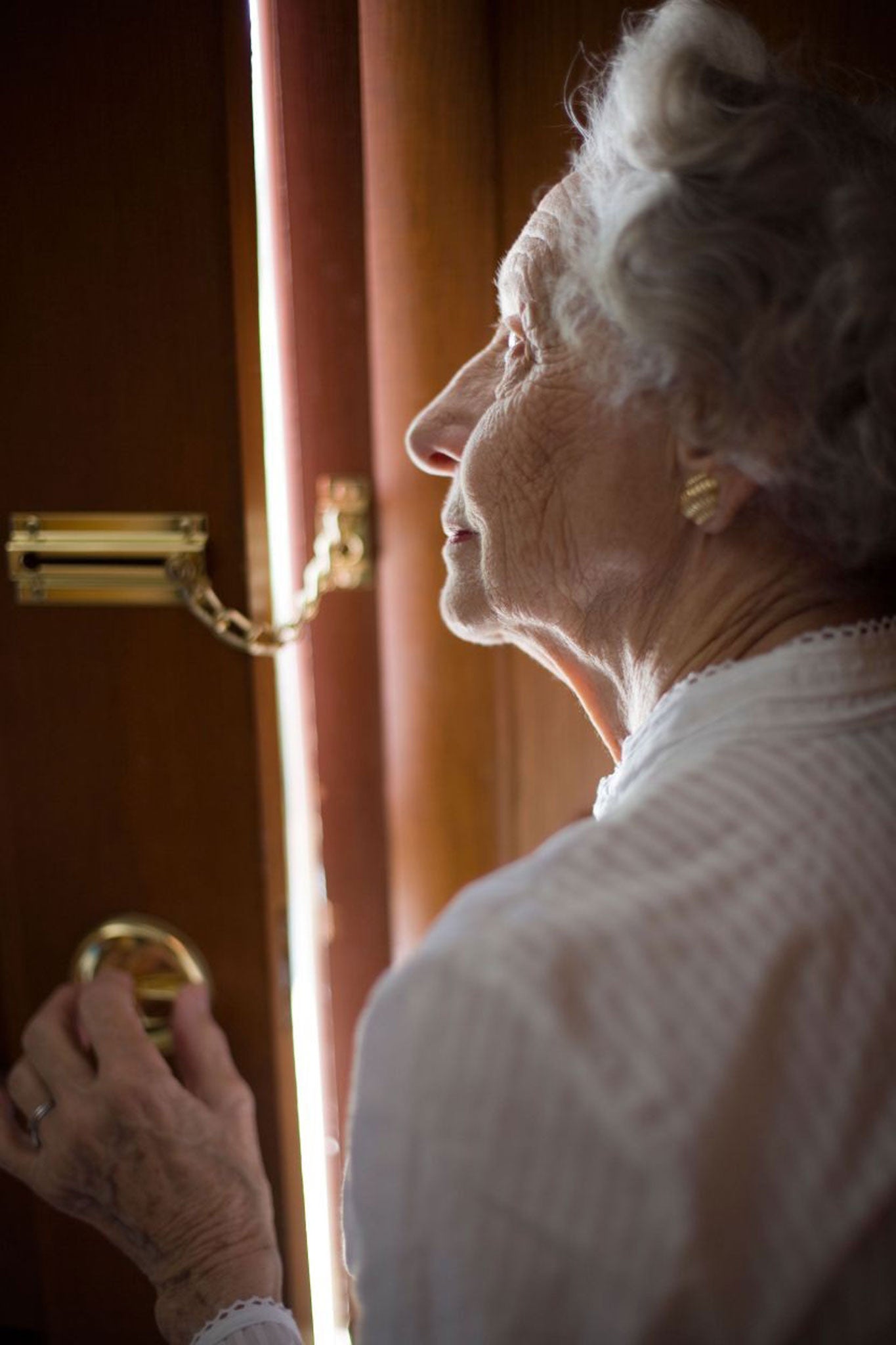Simon Read: We have to find a way to stop unscrupulous rogues from exploiting vulnerable older people

Your support helps us to tell the story
From reproductive rights to climate change to Big Tech, The Independent is on the ground when the story is developing. Whether it's investigating the financials of Elon Musk's pro-Trump PAC or producing our latest documentary, 'The A Word', which shines a light on the American women fighting for reproductive rights, we know how important it is to parse out the facts from the messaging.
At such a critical moment in US history, we need reporters on the ground. Your donation allows us to keep sending journalists to speak to both sides of the story.
The Independent is trusted by Americans across the entire political spectrum. And unlike many other quality news outlets, we choose not to lock Americans out of our reporting and analysis with paywalls. We believe quality journalism should be available to everyone, paid for by those who can afford it.
Your support makes all the difference.My eye was caught by a shocking news story this week involving an older person being tricked out of hundreds of thousands of pounds.
An 88-year-old suffering from dementia was persuaded to sell his home for almost half-price by an estate agent who seized a chance to make a quick buck.
The victim was Owen Hill, who lived in upmarket St John's Wood in north London. He had responded to one of those dodgy letters estate agents force through our letterboxes claiming that buyers are interested in our home.
When the estate agent asked him how much he wanted to sell his mews house for, Mr Hill, who has since died, said £1m as he had no real idea of the value of it.
The estate agent did, of course, and got his property developer brother-in-law to offer £1m there and then over the phone, which Mr Hill accepted.
In fact the house was worth almost twice as much and the two men clearly hoped to trouser a massive profit on the deal. Their plan only failed when Mr Hill told neighbours about the sale.
They knew the real value of the property and called in lawyers to stop the deal being completed. When the house was sold after Mr Hill's death last year, it went for £1.8m.
It turns out that the move is well known in estate agent circles. Insiders say that dodgy agents will ask a seller how much they want for a property and, if it is markedly below the market price, arrange to buy it there and then.
We expect habitual criminals to be always on the hunt for the chance to make these sorts of cons. But what makes a previously law-abiding person – as far as I know – turn to crime? The story centres on the fact that the estate agent was handed an opportunity to exploit an older, seemingly alone person and took it.
The agent had been invited into his victim's home. In short he was a trusted individual. Betraying that trust is despicable. The penalty for doing so should be extremely harsh.
Interestingly it was the actions of neighbours which helped bring the problem to light. It's easy for all of us to forget at times about older people who live nearby but keeping regular contact – or popping in for a chat – can not only help to ease their loneliness but may also ensure they avoid becoming a financial victim.
While I was still pondering these thoughts, a letter coincidentally arrived from a reader headed "More ways to cheat gullible oldies!"
In the letter, 80-year-old widow DC told me how she was recently almost twice cheated out of thousands of pounds by smooth-talking salesmen.
The first "told me my solar panels were out of date and needed repairing," she wrote. "I believed him and he left with a deposit cheque for £1,737.50."
Luckily her brother learnt of the sale and pointed out that, at 80, DC probably wouldn't live long enough to benefit from the long-term returns that solar panels generate. They acted quickly enough to cancel the cheque and "to no surprise the salesman hasn't been back in touch!"
Another salesman was "equally suave", according to DC, "and left with a cheque for £2,450, the cost of setting up a trust on my property so the local authority couldn't claim the sales proceeds should I go into a care home".
Filled with doubts after he left, DC contacted her solicitor who told her such a trust wouldn't be accepted by the local authority. In short it was a total waste of money. After a short letter, the cheque was returned.
Thanks for writing in, DC. I'm glad that in both cases you were able to get your money back. But may your experience serve as a lesson for others.
The more we share the stories of scammers, the more we can help each other learn about their techniques. And thus armed with such knowledge, we may be able to avoid falling into the clutches of despicable conmen so easily.
s.read@independent.co.uk
Twitter: @simonnread
Join our commenting forum
Join thought-provoking conversations, follow other Independent readers and see their replies
Comments